Weeks into his second term, it’s clear President Trump intends to be the most transformative force our politics has seen in a century. He seems equally determined to change the course of the world — and perhaps its map, too.
Trump’s enemies can blame themselves for making this possible. They showed him that impeachment is nothing to fear: securing conviction in the Senate is nigh impossible and whatever damage impeachment might do to a president’s reputation has already been inflicted on Trump. Two impeachments and a welter of post-presidential criminal prosecutions and even convictions failed to stain Trump in voters’ eyes. On the contrary, they left him more popular than ever and discredited the institutions his opponents employed as weapons of their “lawfare.”
But the greatest benefit Trump has received from his enemies is the hiatus they imposed between his two terms. Although in theory any reelected president could treat his second term as a fresh beginning, in practice it never is. A president might clear out his cabinet, but direct continuity with his previous term inevitably colors his new one.
It’s traditionally in the second term that major scandals emerge — Watergate, Iran-Contra, Bill Clinton’s impeachment — and presidents turn in frustration from domestic politics to foreign policy as the realm in which they hope to secure a legacy. The idealism and promise a first-time president brings into office with him give way in a second term to weariness and chastened expectations.
But not for Donald Trump. His first term was a learning experience whose harshest lesson was that he could not trust the usual Republican functionaries to serve loyally. Trump came into the White House in 2017 expecting to be the nation’s CEO, ready to hire the best people from any field and expecting employees to be eager to implement his ideas. That approach may work in the private sector, but politics truly is a team sport: one man without a network of like-minded allies can only achieve so much, even if he’s president.
By the end of his first term, Trump had the right people in charge of the Presidential Personnel Office, the critical staffing agency. But by then many officials lukewarm or hostile to the president’s agenda had entrenched themselves in his government.
The four-year break between terms gave Trump and his allies the opportunity to build a base of talent for a second administration. And having learned how the levers of power actually work during his first stint, Trump was prepared to use them to maximum effect once he was back. The result: staff thoroughly aligned with the president’s intentions drafted a blizzard of executive orders for him to put into effect the day he was sworn in.
And the barrage hasn’t let up. Trump is using the full power of the presidency to revolutionize Washington, remaking national policy on a scale not seen since the days of Lyndon Johnson’s Great Society.
Trump is not only rolling back the latest “diversity, equity and inclusion” initiatives; he’s using executive authority to dismantle decades of race-based discrimination branded by progressives as “affirmative action.” Transgender ideology is also being removed from the federal government at the stroke of a pen, affecting everything from passports to prisons.
This uprooting of identity politics has been matched by a thorough cleanout of USAID and other agencies that spend billions of taxpayer dollars propping up the countless “non governmental organizations” that sustain an entire class of progressive technocrats in the United States and overseas. The most ardent libertarian foes of big government hardly imagined this could be done, but Elon Musk and the Department of Government Efficiency (DoGE) are doing it.
The new administration has been no less bold in foreign policy. Does Trump really intend to buy Greenland and reclaim control of the Panama Canal — and make Canada the 51st state? Is he actually going to take over Gaza, as he suggested during his meeting with Benjamin Netanyahu in early February? Unfathomable as some of these moves sound, Trump’s background in real estate should never be forgotten. Trump built the first of many careers on buying and rebranding landholdings.
That doesn’t mean he envisions Greenland or Gaza as a future venue for a Trump hotel. But he’s very much a geographic strategist. Above all, he’s a negotiator — by opening discussions with a shocking proposal, Trump upends expectations and clears room for the most wide-ranging attempts at striking a deal.
In international relations and domestic policy alike, Trump outlines maximalist positions from the start so that even after reaching a compromise, he’s ahead. And by pursuing so many initiatives at once, he’s left opponents unable to focus resistance on any one point.
He’ll lose some battles in the courts, perhaps a great many. But what counts is how many he wins, when the fights he’s taken up have such high stakes for America and the world.
This article was originally published in The Spectator’s March 2025 World edition.



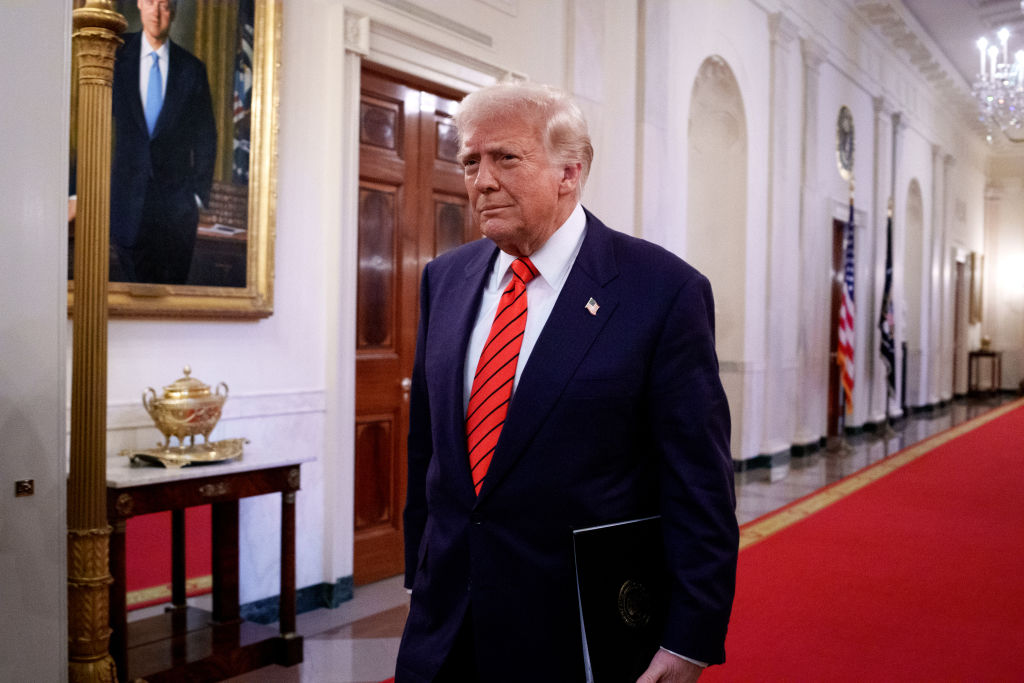








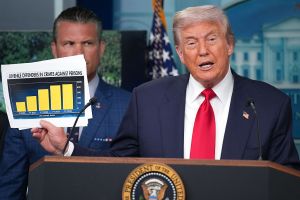


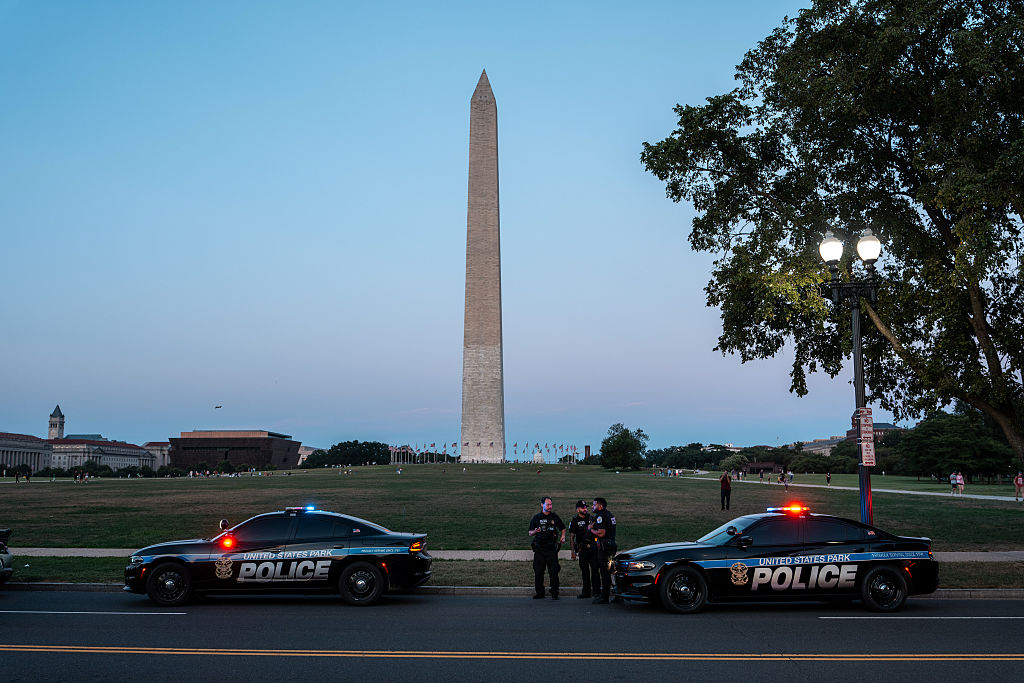
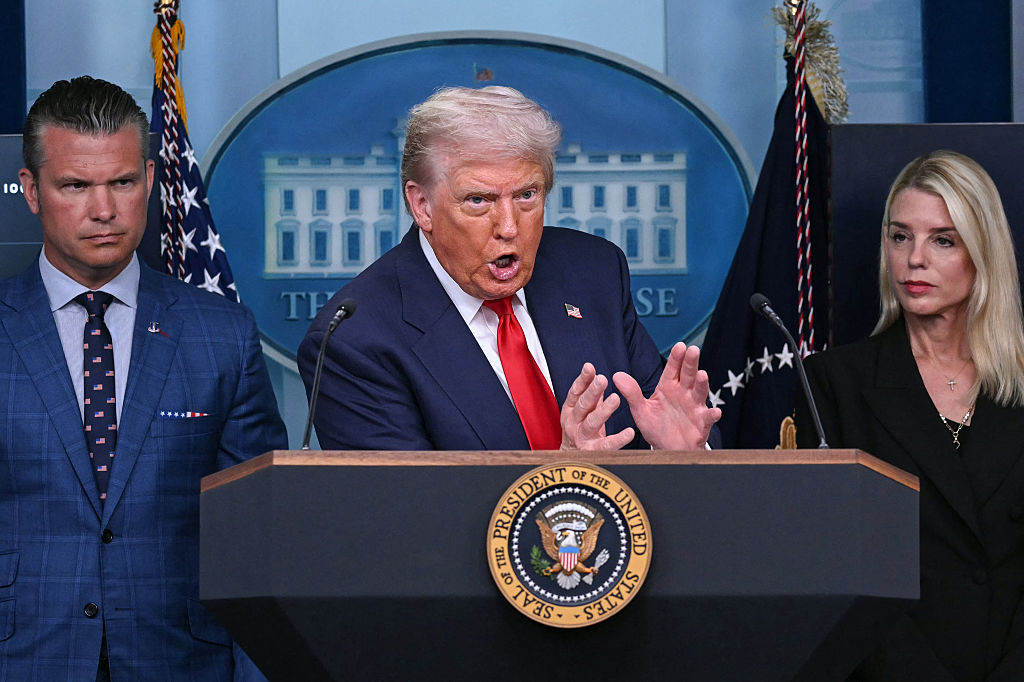

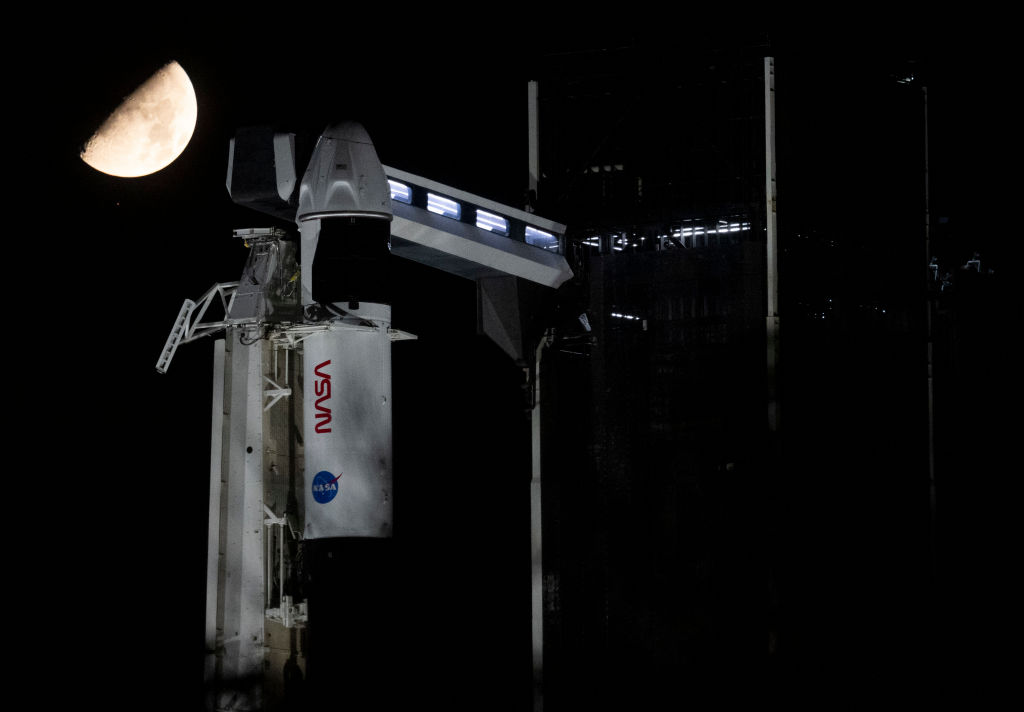







Leave a Reply